LGBTQ+ Histories of the United States: Institute Faculty
Visiting Lecturers and Session Leaders
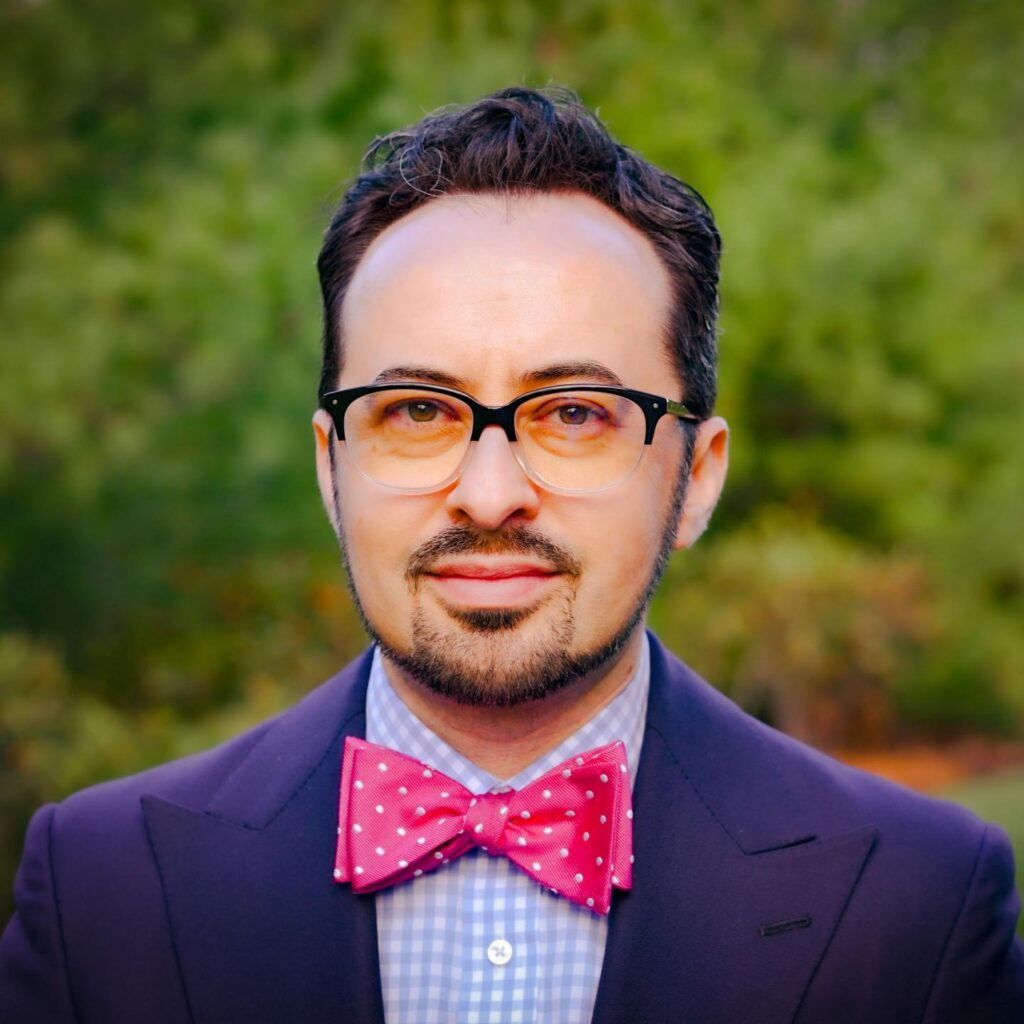
Dr. Jesse Bayker is the Digital Archivist / Research Project Manager at the Scarlet and Black Research Center at Rutgers University–New Brunswick. He is a scholar of trans history and a public history practitioner. His article “Some Very Queer Couples: Gender Migrants and Intimacy in Nineteenth-Century America” appeared in the journal Gender & History and received honorable mention for the 2022 Audre Lorde Prize from the Committee on LGBT History. His chapter “Regulating Public Gender and the Rise of Cross-Dressing Laws” is forthcoming in The Cambridge History of Sexuality in the United States, co-edited by Jen Manion and Nick Syrett. He created the Cross-Dressing Laws Map as a digital supplement to this chapter. He curates several digital history projects with a focus on African American history in New Jersey, including the New Jersey Slavery Records database, Scarlet and Black Digital Archive, and the Black Camden Oral History Project. He received a PhD in History from Rutgers University and a BA in History and LGBTQ Studies from CUNY Brooklyn College.
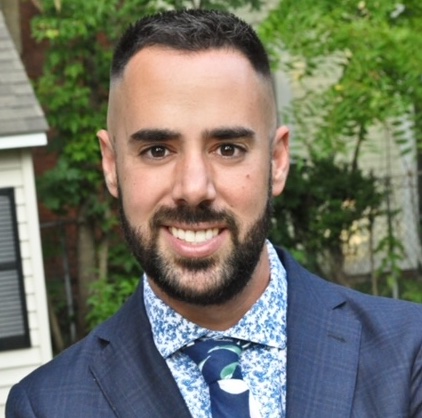
Julio Capó, Jr. is Associate Professor of History and Deputy Director of the Wolfsonian Public Humanities Lab at Florida International University. His first book, Welcome to Fairyland: Queer Miami before 1940 (UNC Press, 2017), received six honors, including the Charles S. Sydnor award from the Southern Historical Association for the best book written on the U.S. South. In 2019, he curated an award-winning exhibition for HistoryMiami Museum titled Queer Miami: A History of LGBTQ Communities. His work has appeared in top academic journals and, as a former journalist, his work has been published in mainstream media outlets, including Time, El Nuevo Día (Puerto Rico), The Miami Herald, and The Washington Post, where he now serves as an editor of its Made by History section. Capó has held fellowships at Yale University and the University of Sydney, and has been named a Distinguished Lecturer by the Organization of American Historians.
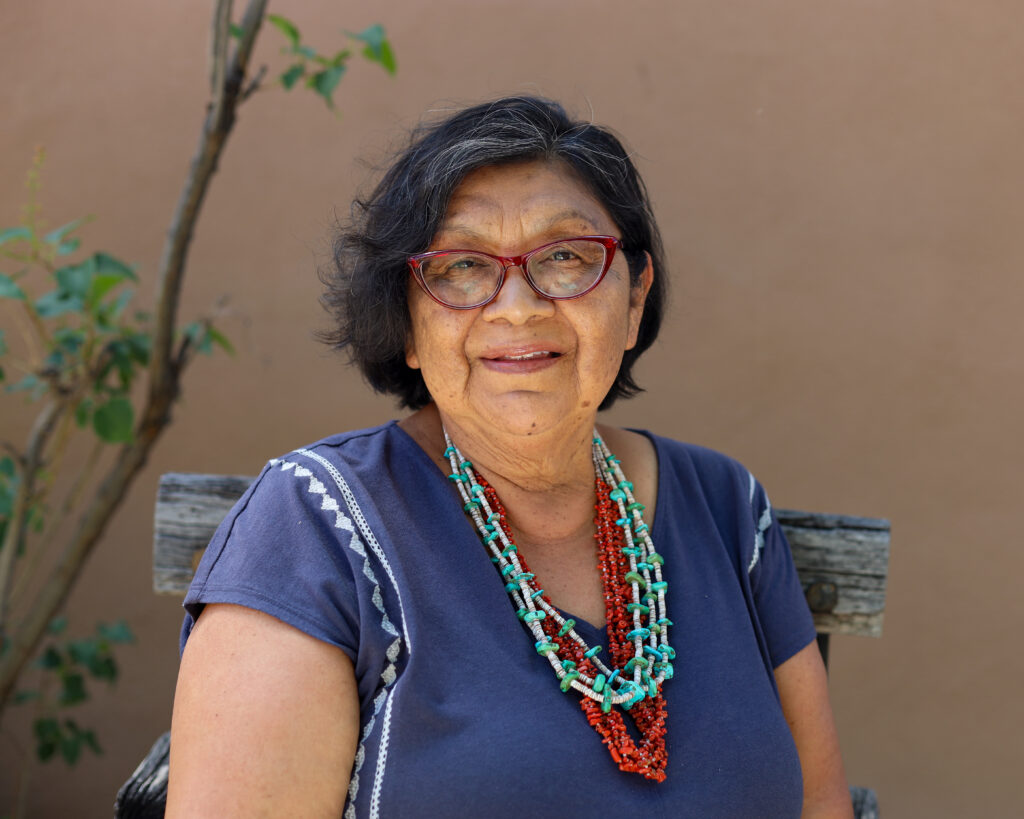
Jennifer Denetdale (she/her) is a citizen of the Navajo Nation. She is a professor and the chair of American Studies at the University of New Mexico. Her areas of research include settler colonialism & decolonization, Indigenous Studies, Indigenous gender & feminisms, and Diné Studies.
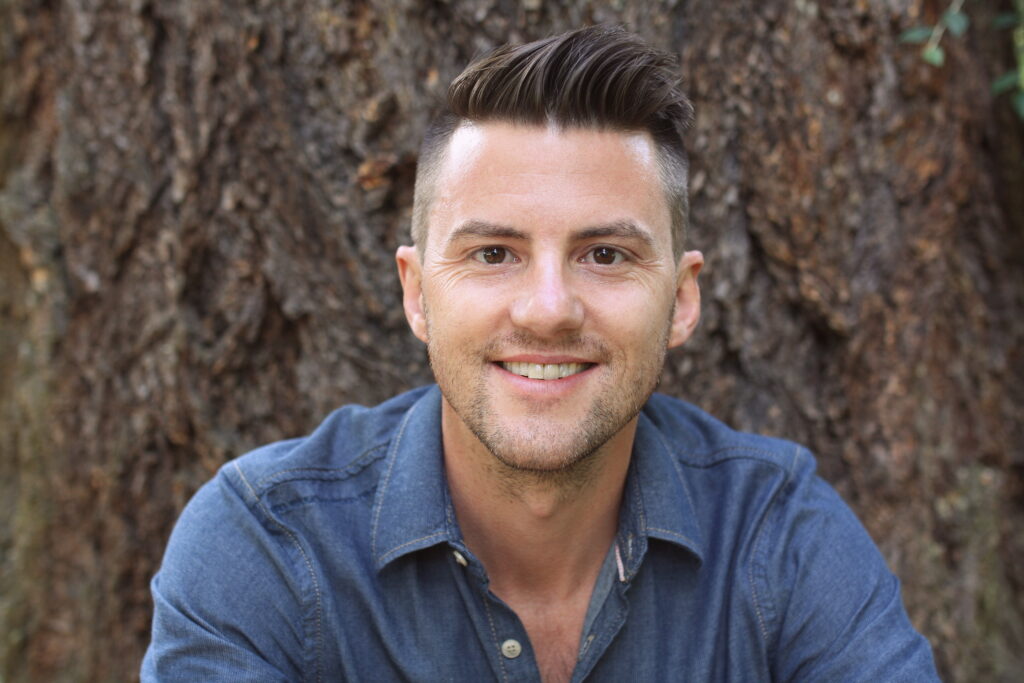
Travis Foster (he/him) is academic director of gender and women’s studies and associate professor of English at Villanova University. Most recently, he is the author of Genre and White Supremacy in the Postemancipation United States (Oxford University Press, 2019), editor of The Cambridge Companion to American Literature and the Body (2022), and coeditor of “American Women’s Writing and the Genealogy of Queer Thought,” a special issue of Legacy (2020). His articles are forthcoming in Transgender Studies Quarterly and The Cambridge Companion to American Literature and Race.
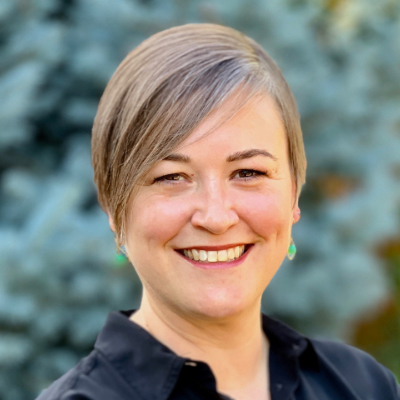
Emily K. Hobson(she/her) is a historian of radical movements, LGBTQ politics, and HIV/AIDS in the United States. She serves as Chair of the Department of Gender, Race, and Identity and as Associate Professor of History and of Gender, Race, and Identity at the University of Nevada, Reno. Hobson is the author of Lavender and Red: Liberation and Solidarity in the Gay and Lesbian Left (2016) and co-editor of Remaking Radicalism: A Grassroots Documentary Reader of the United States, 1973-2001 (2020). Lavender and Red has been recognized as a finalist to three book awards: the Lambda Literary Award in LGBTQ Studies, the First Book Prize from the Berkshire Conference of Women Historians, and the Judy Grahn Award for Lesbian Nonfiction from the Publishing Triangle. Hobson has additionally been awarded the LGBTQ Research Fellowship from the ONE Archives Foundation, the Carel B. Germain Fellowship from Smith College, the Joan Heller-Diane Bernard Fellowship from the Center for LGBTQ Studies at the City University of New York, and the Mousel-Feltner Research Award from UNR, among other honors. She earned her PhD in American Studies and Ethnicity from the University of Southern California in 2009. From 2018 through 2020 she served as the co-chair of the Committee on LGBT History, helping to inaugurate the first Queer History Conference. Her current research addresses HIV/AIDS activism by, for, and with people in prisons in the 1980s and 1990s United States.

Harris Kornstein (any pronoun) is a scholar and artist whose research and art practice focuses on digital culture, surveillance, data and algorithms, media art/activism, visual culture, disability, and queer theory.
With the support of an NEH Fellowship, they are currently working on their manuscript Enchanting Technology: Obfuscation, Play, and Other Queer Strategies for Countering Surveillance Capitalism, and their co-edited anthology How To Be Disabled in a Pandemic (with Faye Ginsburg, Mara Mills, and Rayna Rapp) will be published by NYU Press in early 2025. Harris’s research has been published in Surveillance & Society, Curriculum Inquiry, and Queer Data Studies, among other journals and books; their research has been supported a National Endowment for the Humanities Fellowship; and their writing on digital and queer cultures has appeared in publications like The Guardian, Wired, and Slate. As a media artist, curator, and drag queen, they have presented work at institutions including the San Francisco Museum of Modern Art and ONE Archives, serve on the board of the nonprofit Drag Story Hour, and are the author of two children’s books. Harris holds a PhD in Media, Culture & Communication from NYU, an MFA in Digital Arts & New Media from UC Santa Cruz, and a BA from Swarthmore College.
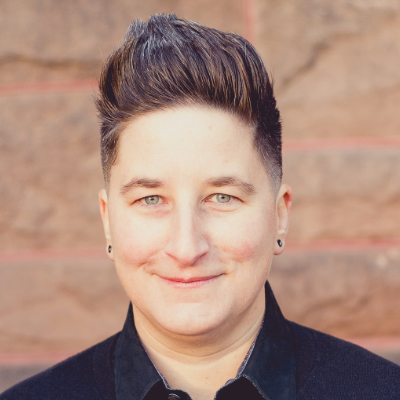
Jen Manion (she/they) is Professor of History and Sexuality, Women’s and Gender Studies at Amherst College. She is a social and cultural historian whose work examines the role of gender and sexuality in American life. Manion is author of Liberty’s Prisoners: Carceral Culture in Early America (2015) which received the inaugural Mary Kelley Best Book Prize from the Society for Historians of the Early American Republic. Their most recent book, Female Husbands: A Trans History (2020) was a finalist for the OAH Lawrence Levine Award for the best book in U.S. cultural history and recipient of the best book prize by the British Association of Victorian Studies. This research was supported by a grant from the National Endowment for the Humanities. Manion has published dozens of essays for popular and scholarly audiences and serves on the editorial boards of Amherst College Press, Early American Studies, and The William and Mary Quarterly. Manion is working on a two-volume series, The Cambridge History of Sexuality in the United States with co-editor Nicholas Syrett. Previously, Jen worked for ten years at Connecticut College as a faculty member in the history department and founding director of the LGBTQ Resource Center. Jen received a PhD in history from Rutgers University and a BA in history with an English minor from the University of Pennsylvania, magna cum laude.
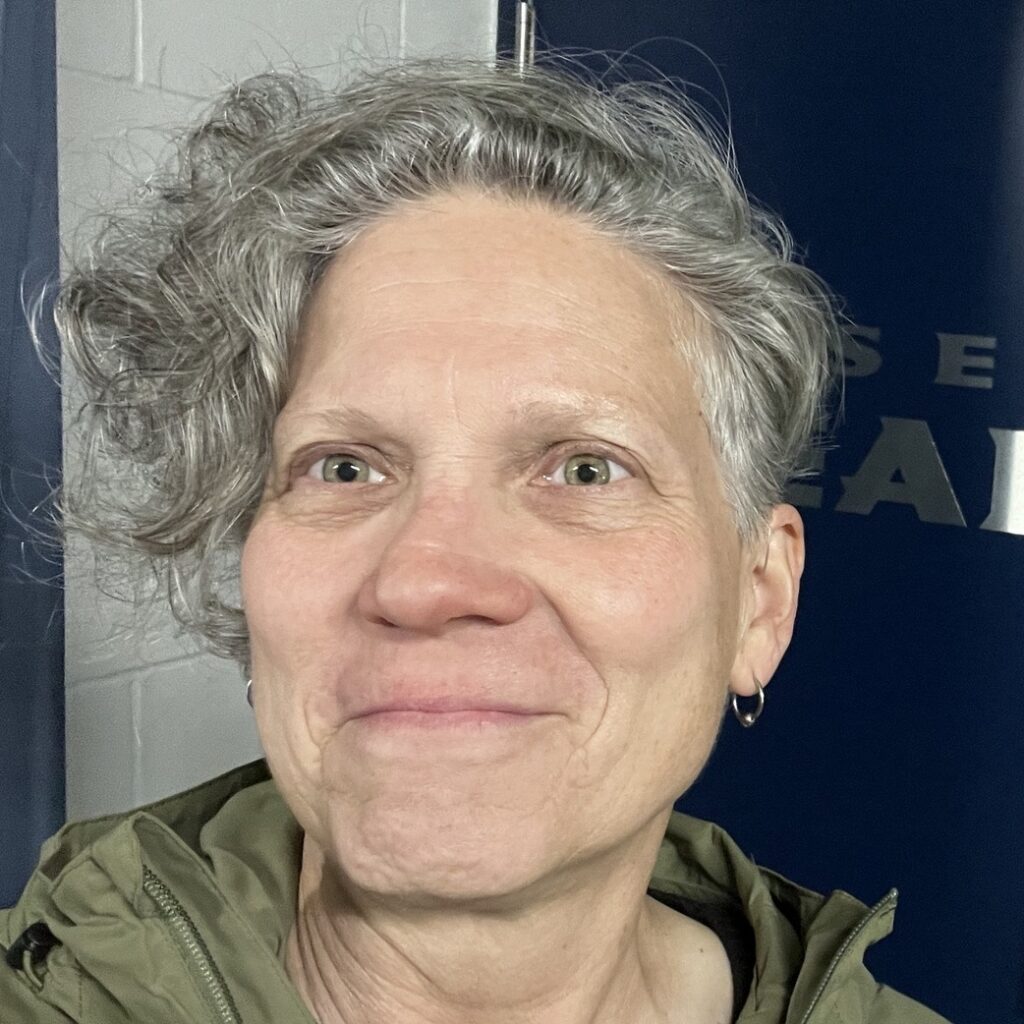
Devorah Romanek (she/her) is an anthropologist specializing in visual anthropology and material culture, museum curator, and author of the 2020 Arizona/New Mexico Art Book of the Year for her book Hardship, Greed and Sorrow: An Officer’s Photo Album of 1866 New Mexico Territory. She is creator of the Stonewall 50/50 website, observing the history of that uprising, as well as author of various articles and essays on LGBTQ+ history as related to visual culture. Currently she is the Chief of Exhibits and Interpretive Services at the Museum of History and Industry in Seattle. Devorah earned her PhD in Anthropology from University College London.
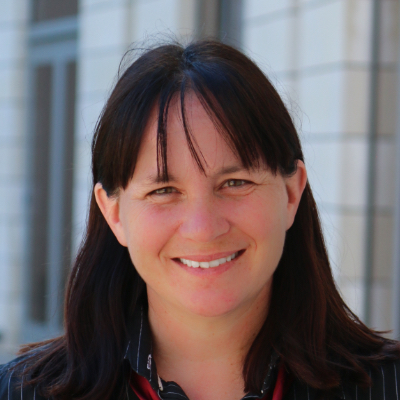
Wendy L. Rouse (she/her) is a historian specializing in recovering the stories of women and children living in the US during the Progressive Era. Her most recent book, Public Faces, Secret Lives: A Queer History of the Women’s Suffrage Movement (2022), reveals the role of queer suffragists and queerness in the fight for the vote. Rouse is also the author of Her Own Hero: The Origins of the Women’s Self-Defense Movement which examines the emergence of women’s self-defense alongside the first-wave of feminism during the Progressive Era and Children of Chinatown: Growing up Chinese American in San Francisco (2009) which explores the lives of Chinese American children during the era of Chinese exclusion. Rouse is an Associate Professor of History at San Jose State University.
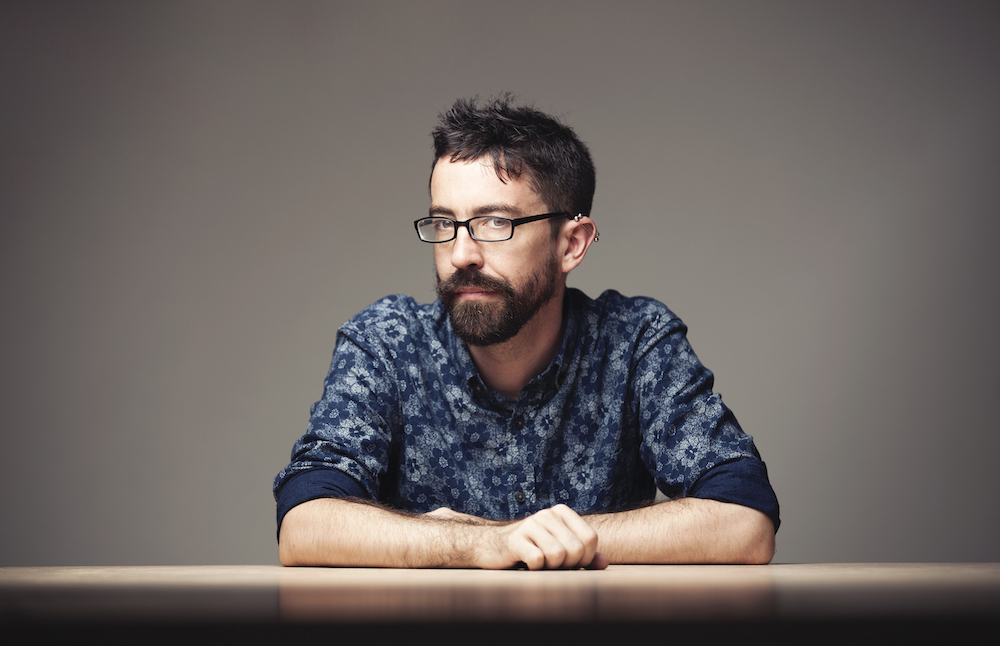
Hugh Ryan (he/him) is a writer and curator, and most recently, the author of The Women’s House of Detention: A Queer History of a Forgotten Prison, which won the Israel Fishman Stonewall Book Award from American Library Association and the biennial Wiliiam A. Percy award from the Warren Johansson Foundation. His first book, When Brooklyn Was Queer, won a 2020 New York City Book Award, was a New York Times Editors’ Choice in 2019, and was a finalist for the Randy Shilts and Lambda Literary Awards. He was honored with the 2020 Allan Berube Prize from the American Historical Association.

Nayan Shah is a historian whose books uncover how people struggle with illness, migration and incarceration in the United States and across the globe from the 19th century to the present. Shah is Professor of American Studies & Ethnicity and History at the University of Southern California and is the author of three books: Contagious Divides: Epidemics and Race in San Francisco’s Chinatown (2001), Stranger Intimacy: Contesting Race, Sexuality and the Law in the North American West (2012), and Refusal to Eat: A Century of Prison Hunger Strikes (2022). His articles cover a broad array of subjects and have been published in volumes on the history of gender, sexuality and empire; pandemics and quarantine; transnational history of science and emotions; empire and intimacy in North America; Asian American art and politics in California; South Asian American diaspora and Queer and LGBT Studies. Shah is featured in documentaries on Asian American History and the History of Contagion and Pandemics for PBS and the History Channel. He has worked with the National Park Service, Angel Island Foundation, California Historical Society, and the New York Historical Society to interpret Asian American past and present. He serves on the board of Los Angeles’ East West Players, the longest-running Asian American theater in the U.S and the Board of OutHistory https://outhistory.org.
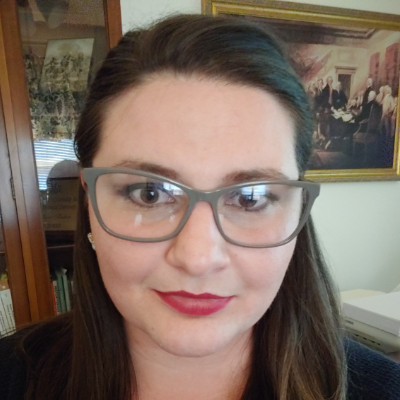
Sandra Slater received her doctorate from the University of Kentucky in 2009 and is currently and Associate Professor of History at the College of Charleston in Charleston, SC. At CofC Slater offers courses on early America, gender and queer history, comparative early modern colonization of North America, and History of Appalachia. Raised in eastern Kentucky by a coal mining family, issues of power and oppression inform her teaching, research, and community activism. Her research focuses primarily on issues of gender, sexuality, and masculinity in early America and the Atlantic World. Dr. Slater publishes in a variety of venues including Church History, French Colonial History, and the Journal of Early American History. She is currently finishing a book manuscript, The Pompe and Pride of Man: Personal and Public Humility in Early New England.

Timothy Stewart-Winter (he/him) is Associate Professor of history at Rutgers University-Newark. His first book Queer Clout: Chicago and the Rise of Gay Politics (University of Pennsylvania Press, 2016) received the 2017 John Boswell Prize for an outstanding book on LGBTQ history published in English and was a finalist for the Lambda Literary Award in LGBTQ Studies. He is now working on a book about the scandal surrounding Walter Jenkins, a longtime aide to Lyndon B. Johnson who resigned from the White House staff in 1964 after being arrested on disorderly conduct charges. Stewart-Winter’s scholarship has appeared in the Journal of American History, the Journal of Urban History, Gender & History, the Journal of the History of Sexuality. He co-directs the Queer Newark Oral History Project and writes and speaks widely about LGBTQ politics and history in venues that have included the New York Times, the Los Angeles Times, and NPR’s “All Things Considered.” He has received fellowships from the American Council of Learned Societies and the Charles Warren Center for Studies in American History at Harvard.
Institute Directors and Staff
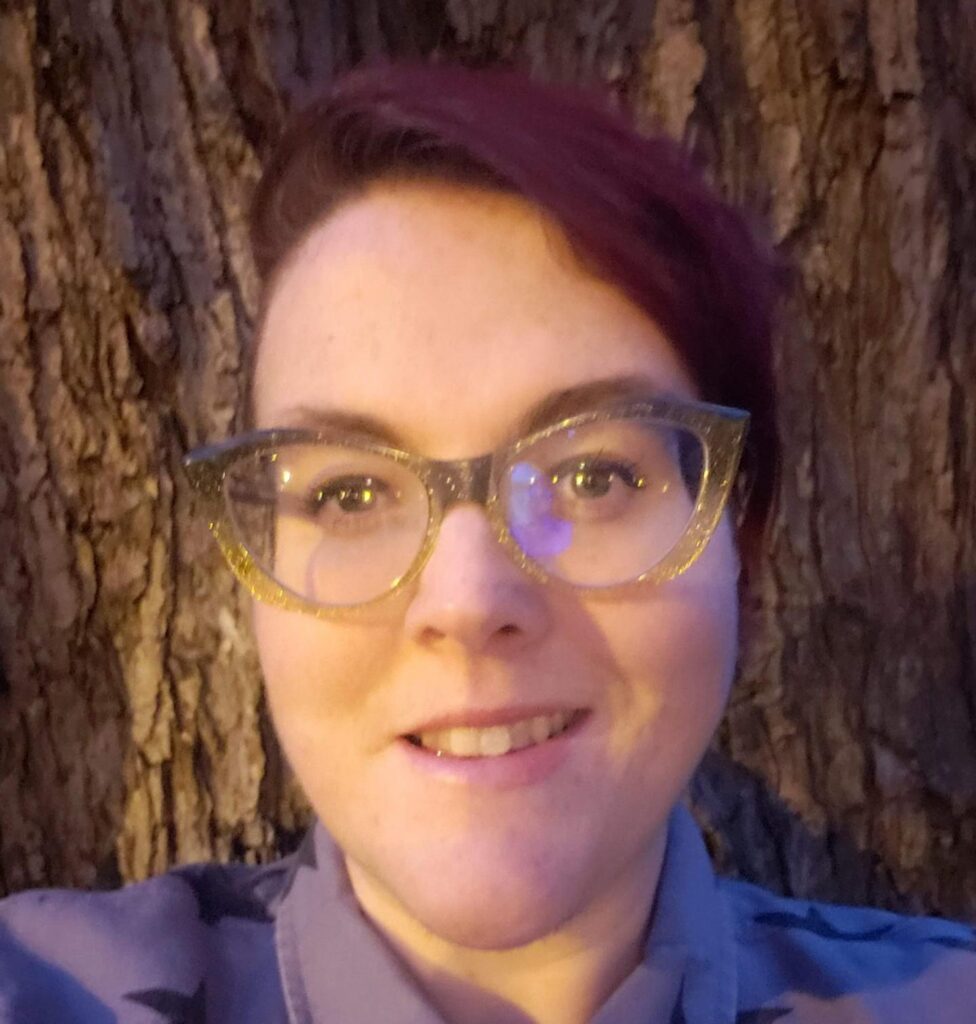
Danielle Bennett (she/her) is an ASHP grad fellow working on the Institute. She is a second-year student in US History and Public History at the CUNY Graduate Center. Her research looks at the intersections of queer history and the historic preservation movement in the 19th and 20th centuries. She also teaches world history at Brooklyn College and is a research assistant for the Gotham Center. Her most recent publication is “Lessons from Glen Burnie: Queering a Historic House Museum,” in the December 2020 issue of the Journal of Museum Education. Danielle received her MA in History and Museum Studies from Tufts in 2019.
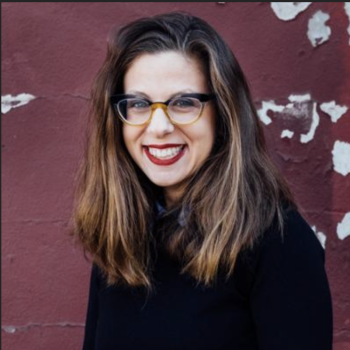
Stacie Brensilver Berman(she/her) is a faculty member in the Steinhardt School of Culture, Education, and Human Development at New York University. She is the author of LGBTQ+ History in High School Classes in the USA Since 1990 (2021). She is also the co-author of “Teaching War Crimes in a Comparative Perspective” in Teaching Recent Global History (2014), “Teaching the Port Huron Statement” in Inspiring Participatory Democracy (2012), “The Civil Rights Movement” in Teaching US History (2010), and journal articles on using project based learning in social studies classes. She has worked extensively with high school teachers on developing curriculum and navigating the challenges around introducing potentially controversial issues in classrooms, presenting at conferences throughout the United States and working individually with educators teaching topics including LGBTQ+ history, civil rights, students’ rights, and the women’s movement. Prior to earning her doctorate, Brensilver Berman was a New York City Public School teacher for ten years.

Rachel Pitkin is a PhD student in American History at the CUNY Graduate Center. Her current research interests include social and public history, issues related to poverty and welfare, and the history of women, gender and sexuality in the twentieth century United States. Rachel holds MA degrees in History and in Museum Studies, and was a longtime volunteer with the LGBT Center National History Archive prior to her arrival at the Graduate Center. Her professional background is in education, and has extensive experience teaching history and social studies in both K-12 and college level environments, and working with teachers and education programs throughout the United States.
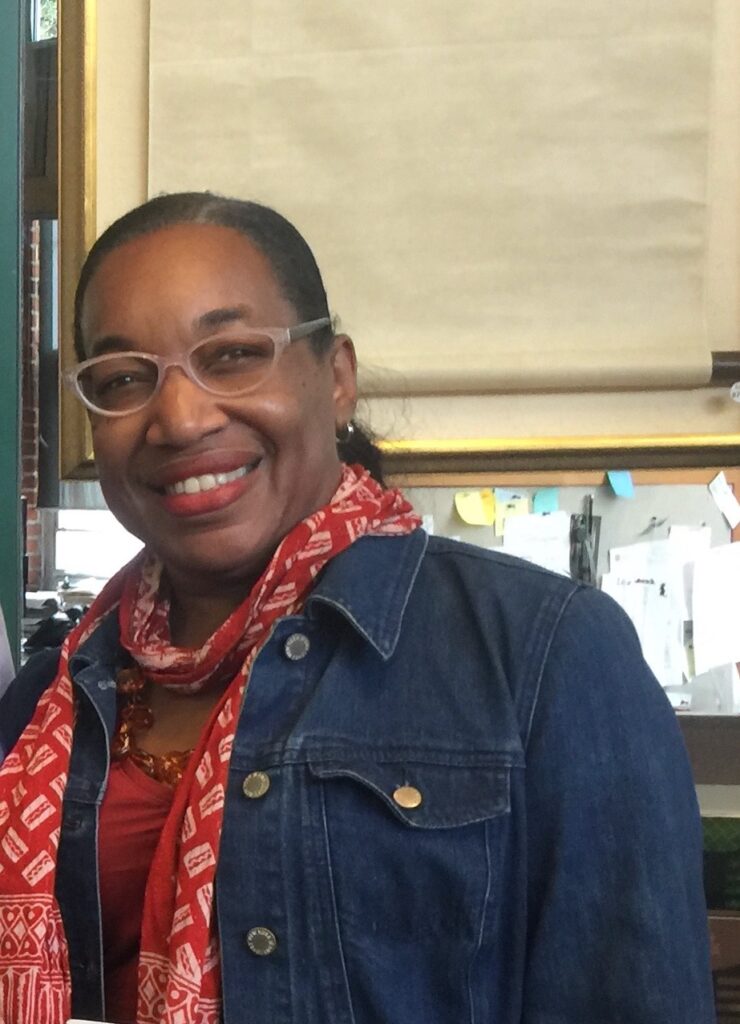
Donna Thompson Ray (she/her) is the project director for faculty development programs at ASHP/CML. She has directed many NEH-funded faculty development programs and visual history projects, including Learning to Look: Visual Evidence and the U.S. Past in the New Media Classroom, Visual Culture of the American Civil War and Its Aftermath, and the Picturing U.S. History: An Interactive Resource for Teaching with Visual Evidence website. Donna specializes in nineteenth-century American visual culture, with an emphasis on African American photography.
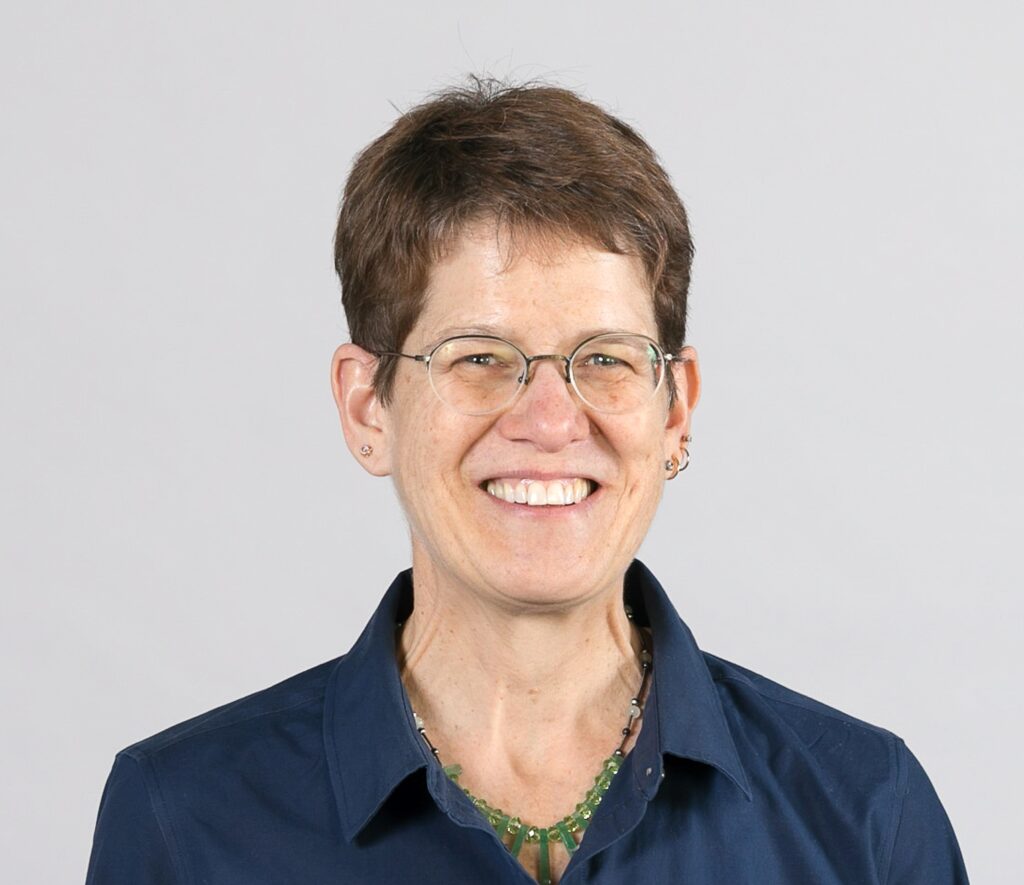
Annie Valk(she/her) is the executive director of ASHP/CML. Before coming to The Graduate Center in 2020, she was associate director for public humanities and a lecturer in history at Williams College, where she taught experiential and community-based classes in oral history and public history. Prior to that, she was associate professor of history and director of women’s studies at Southern Illinois University Edwardsville and deputy director of the Center for Public Humanities at Brown University. Annie teaches public history at the Graduate Center and has written extensively in the areas of women’s history, history of feminism, and oral history. Her books include the Companion to American Women’s History, 2nd Edition, co-edited with Nancy A. Hewitt (2021). She is also the author of Radical Sisters: Second-Wave Feminism and Black Liberation in Washington, DC, 1968-1980 (2008) and Living with Jim Crow: African American Women and Memories of the Segregated South (2010), co-authored with Leslie Brown and recipient of the 2011 Oral History Association Book Prize. From 2015-2016, Valk served as president of the Oral History Association. She currently is book series editor of the Oral History Series published by Oxford University Press, and the Humanities and Public Life book series, published by the University of Iowa Press.
